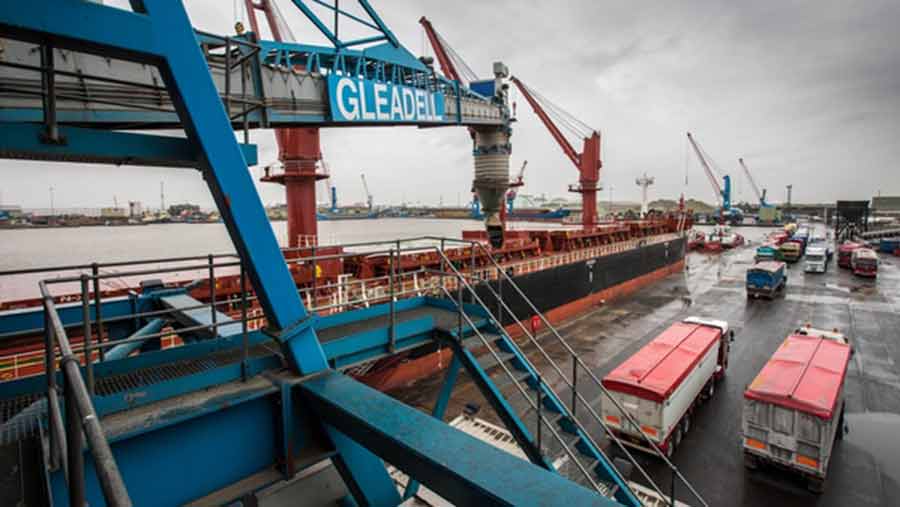WTO summit fails to ease UK headaches over agri-food trade
 © Tim Scrivener
© Tim Scrivener The status of UK agriculture in the global trade arena post Brexit remains as unclear as ever following a recent summit meeting of World Trade Organization (WTO) trade ministers in Argentina.
The British government will becomes an autonomous WTO member in its own right when the UK leaves the EU. This will probably be in time for the next biennial WTO ministerial meeting in late 2019.
Proposals to reform the maximum limits on national support payments to farmers made no headway at all at the Buenos Aires meeting, in the face of continuing arguments between rich and developing nations, combined with the hostile approach of Donald Trump’s US government, which tends to regard multilateral organisations such as the WTO as being part of the problem with global trade, rather than as a potential solution.
See also: EU agreement on citizens’ rights – what it means for farmworkers
The EU, supported by Brazil and some others, had floated a plan to express limits on trade-distorting farm subsidy payments as a percentage of the value of agricultural production, rather than as an absolute amount as at present.
This might have made it easier for the UK to establish its own independent farm subsidy limits post Brexit – rather than have to argue about what share of the EU’s existing €72bn (£63bn) ceiling it will “inherit”.
In the event, the proposal was barely discussed at the meeting which ran from the 10-13 December and was inconclusive about the future of global agreements on trade.
Import quota question still unresolved
The Buenos Aires meeting offered no clues either as to how the UK will resolve its most pressing WTO-related agriculture problem after Brexit, namely how to divide up the existing EU tariff rate quotas (TRQs) between the UK and the EU-27.
The UK and the EU have jointly proposed to split these in two, based on trade flows in recent years – but major non-European exporters, including the USA, have demanded a more generous settlement.
Meanwhile, Brexit discussions early next year will turn to the subject of a transition during the period after the UK leaves the EU in March 2019. At present, an interim period of about two years – during which the status quo would be largely maintained – is on the cards.
That, at least, may give the UK more time to resolve its agricultural trade headaches before it makes the final break and takes its own place at the WTO negotiating table.
